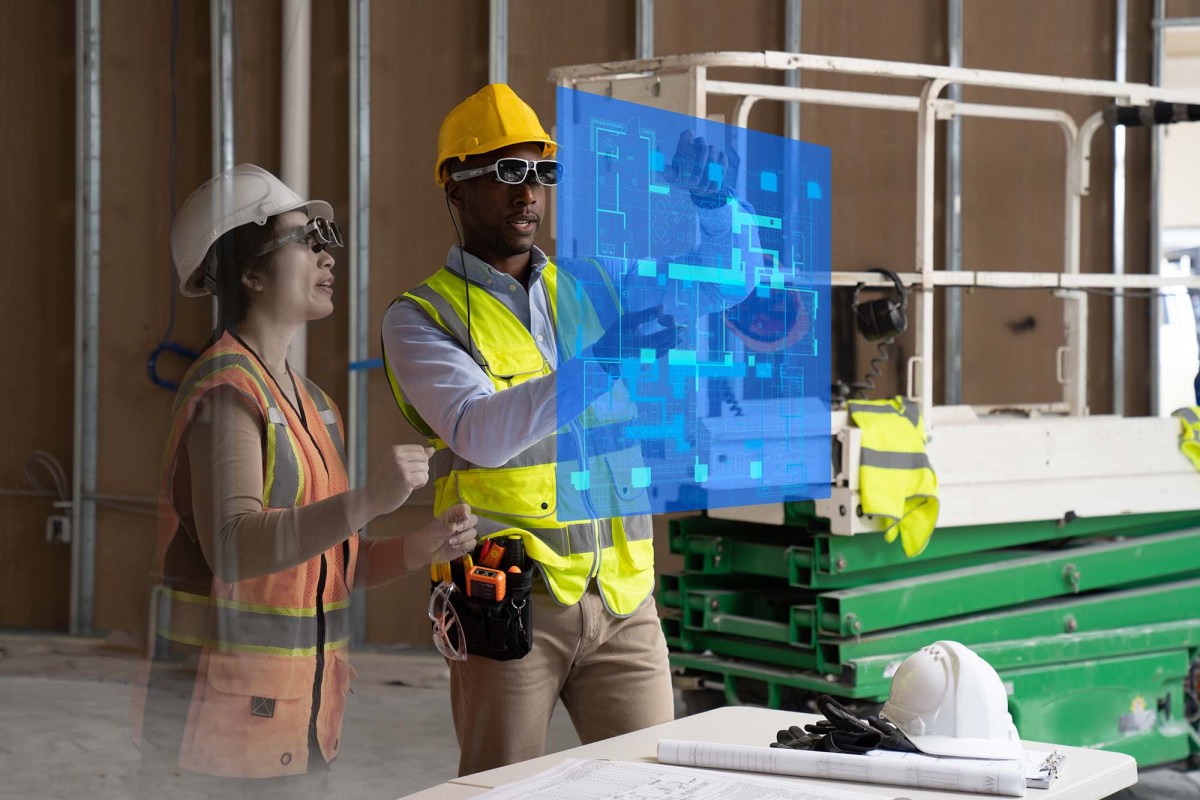Aldagram, a startup out of Japan developing project management software for construction companies, has picked up a new strategic backer to help it build out its footprint across Asia and the Middle East.
Panasonic, the consumer electronics giant that also develops solar panels, air conditioning units and many other products for its sizable buildings and construction business, is taking an investment in Aldagram.
The amount of the investment is not being disclosed, but Aldagram said it will use the funds to sharpen its focus on India, Thailand, the Philippines, Malaysia and other countries in the region. Its new strategic investor may be adding another few to that list: Panasonic’s construction business is particularly active in India, Turkey and Vietnam. It has been partnering with Aldagram since 2022.
The investment comes in the wake of a bigger round that the startup raised in the summer of 2022, a $20 million Series A from MonotaRo and JAFCO. As with that earlier Series A, Aldagram is not disclosing details of its valuation. It currently employs 60 people.
Aldagram’s flagship product is a cloud-based project management platform called KANNA, designed for professionals in the construction, real estate and manufacturing industries who use it to source and record on-site data for projects, and share that data with other partners on the projects.
Aldagram’s aim is to bring a new, digital spin to what’s been traditionally as a very analogue industry, with an aging workforce and heavy — and sometimes very old — machinery, Aldagram CEO and co-founder Hikaru Nagahama said in an interview with TechCrunch.
But in reality, the construction industry has been a key focus for dozens of tech startups, tackling the tools for doing the building, the materials being used, and the many layers of software helping to design and execute those projects, with some very notable exits among them, such as Autodesk’s acquisition of YC-backed PlanGrid for $875 million (see here and here for more of our coverage of startups in the space).
KANNA enables users to store all data digitally and share on-site photos, project visualization documents, work requests, site location, insight, performance details, and more, Nagahama said.
“They can use their smartphones or tablet device to use KANNA and easily access the information they want,” Nagahama told TechCrunch.
On top of that, KANNA helps construction project managers keep connected with what’s happening on-site. “If you are a project manager, you can use the website to manage all projects as a list view or contact all project members to provide instruction,” Nagahama said.
More than 10,000 corporates in over ten countries, including the U.K., Spain, Kenya, Uganda, Dubai, India, Thailand, Vietnam, the Philippines, Malaysia, and Australia, have been using KANNA since its initial product launch 2020, the company said. In addition to Panasonic, other big, industrial-level users include MITSUI Designtec, Nissan Trading and Tokyu Redesign, according to the company.
The global construction management software market is expected to reach $23.9 billion in 2031, up from $9.3 billion in 2021, per a recent report.
In addition to a wide swathe of startups, there are also a host of larger IT players worldwide in the construction tech sector, including Oracle’s Primavera, Procore Technologies and Asana, Nagahama noted.
Oracle recently acquired Aconex, a cloud-based software platform; and Textura, a cloud-based contract and payment management provider, to expand its Primavera construction management platform. Another company, Procore, went public in 2021 after raising $75 million at a $3 billion valuation in 2018.


